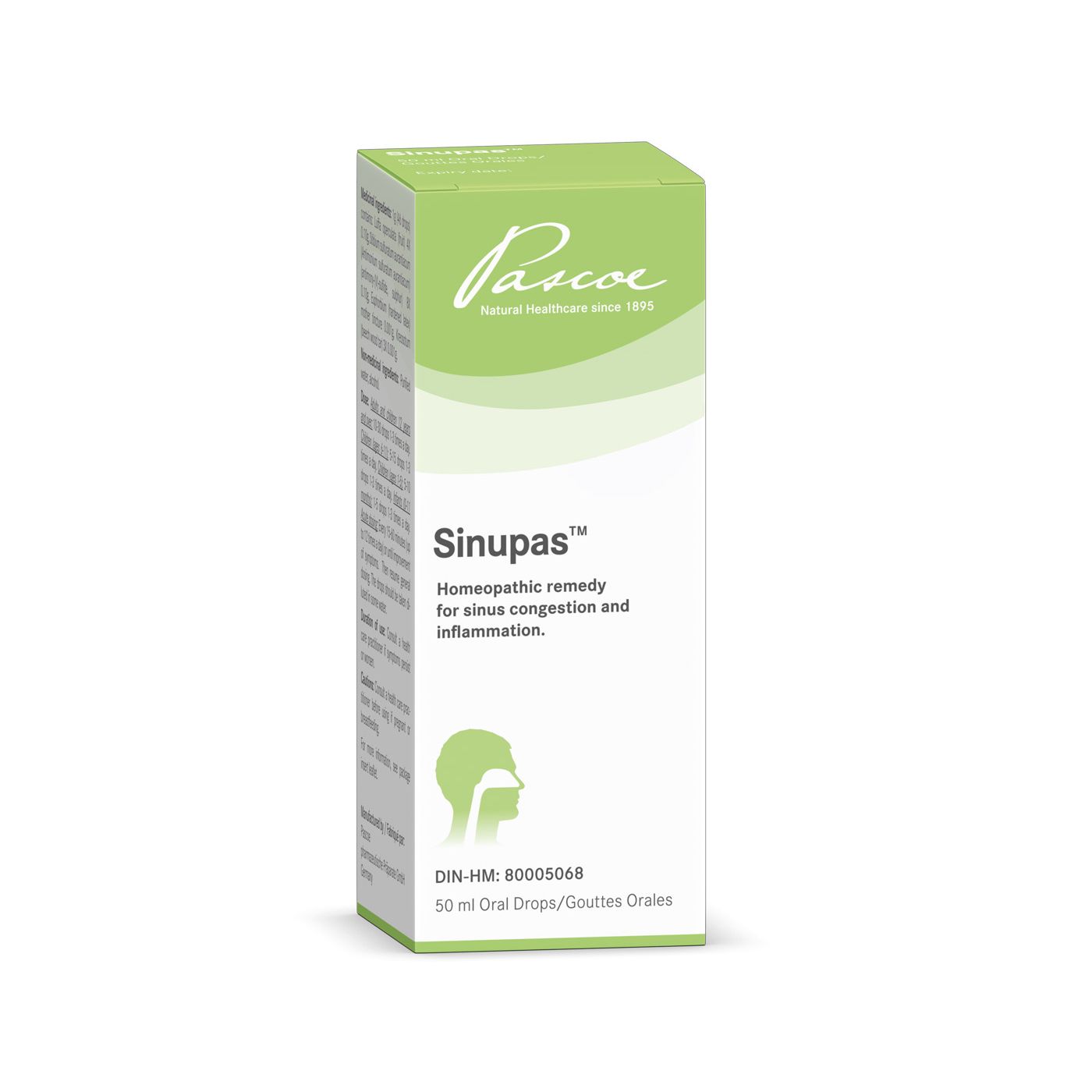

Sinusitis
Sinuses are open spaces in the face and head. They have many roles including warming, filtering and moistening the air we breathe in. They also aid with sound resonance and reduce the weight of the head.
There are four paired sinuses in the human body. Together, they are known as the paranasal sinuses. One pair is found behind the cheekbones, and another pair is behind the forehead. The other two pairs are air-filled pockets between eyes, and behind the eyes.
Each of the pairs is connected by thin channels. All sinuses are lined with cells that make thin mucus. They drain into the nasal cavity and help keep the nose clean. The mucus-secreting cells help to flush out any germs or debris that gets caught in this area.
When the sinuses get infected or inflamed, their lining tissue is swelling. This swelling prevents them from draining properly, which results in congestion. This can lead to bacteria accumulating or viral infection. A sinus infection with inflammation or swelling is known as sinusitis.
Sinus infections can be caused by bacteria, viruses, and even allergies. It occurs when sinus congestion, i.e. mucus build-up, encourages bacteria and germs to grow in your sinus cavity. Signs of sinus infection most often include runny or stuffy nose, sinus headache, and facial pain and pressure.
The infection can either be acute or chronic. Chronic sinusitis can often be attributed to allergies and presents with allergy-like symptoms. In both cases, it is important to clear the sinuses. That is why sinusitis symptoms can often be treated with decongestants or nasal sprays.
Most cases of sinusitis are viral, going away in a week or two without treatment. However, if symptoms do not improve, the bacterial infection has most likely manifested. In this case, it is best to consult a healthcare practitioner.
The common cold is a viral infection that affects the upper respiratory system. It usually leads to rhinitis, an inflammation of the nasal tissues. This form of nonallergic rhinitis is contagious, meaning it can be spread by the infected person.
Inflammation of the mucous membrane can also be caused by allergies, such as hay fever. However, this so-called allergic rhinitis is not contagious.
The common symptoms of a cold are nasal congestion, runny nose, coughing, sneezing, watering eyes, and fatigue. Many of these symptoms overlap with those of a sinus infection.
Sinus infection happens when the lining of the sinuses - air-filled sacs in the jaw, nose and forehead region - gets inflamed and swollen. Because of the swelling, normal secretion can not drain from the sinuses. This can cause typical sinus pressure or headaches, increased mucous, nasal congestion, changes in smell and taste, bad breath and more.
When the sinuses can not drain properly, it can lead to bacteria accumulating and causing a bacterial infection. Therefore, viral sinusitis or viral rhinitis can result in a bacterial infection called bacterial sinusitis or a sinus infection.
While most people recover from a cold within a week to 10 days, a sinus infection can linger longer. Another tell-tale sign is the colour of the discharge. While the mucus caused by a cold is clear, it most often is yellow or green in case of a sinus infection.
Sinus infections can either be acute or chronic. Acute infections often arise from the common cold and blockage of the nasal passages. This results in excess sinus pressure, congestion and possible sinus infection. Acute infection usually lasts for less than 4 weeks.
Chronic sinusitis, on the other hand, is not associated with infection. In this condition, the tissue in the sinuses and the nasal mucosa suffer from chronic inflammation. This results in excess mucus and over time can cause nasal polyps.
Symptoms of chronic infection are similar to but less intense than those of an acute infection. However, they remain for a much longer period such as 12 weeks and over. Risk factors for this chronic inflammation include nasal polyps, allergies, smoking and others.
Commonly sinusitis is treated with decongestants (specifically nasal decongestants), antihistamines, antibiotics, pain relievers or nasal sprays. Some of these are mucolytics, aimed to provide fast relief of nasal and sinus congestion. By clearing the mucous, they help relieve sinus pressure and sinus pain.
It is always useful to check in with a healthcare provider to identify the cause of the sinus infection symptoms and to find the best treatment. Chronic problems may require more comprehensive treatment options. This might include a CT scan to rule out less common causes such as a deviated septum or nasal polyps.
However, there are many home remedies and treatments that can also help to relieve the symptoms of both acute and chronic sinusitis.
In traditional medicine, there are many plants prepared as botanicals or as homeopathic to help with the symptoms. One of them is sponge cucumber (Luffa operculata) which has been used for centuries in South America. When prepared as a homeopathic, it has been shown to decrease swellings associated with sinusitis. This is also known for other homeopathic remedies such as Euphorbium and Kreosotum.
Other tools to support the body in fighting off or even preventing sinusitis include optimizing the immune system. Try a diet rich in fruits and vegetables as well as incorporate vital nutrients such as zinc and vitamin C.
Alternating showers with cold and hot water can help support lymph movement through the body and enhance immune function. Drinking lots of fluids and a gentle sinus massage are natural ways that help drain the mucus buildup.
Nasal saline solutions are also effective to flush out and cleanse the nasal cavity. This is called nasal irrigation. One over-the-counter form of a saline sinus rinse is a tea-pot-like device, known as a neti pot.
Steam inhalations from hot water or taking hot showers help moisten and soothe irritated tissue or a stuffy nose. Using a humidifier is another great way to increase the humidity of dry air in your house or bedroom.


